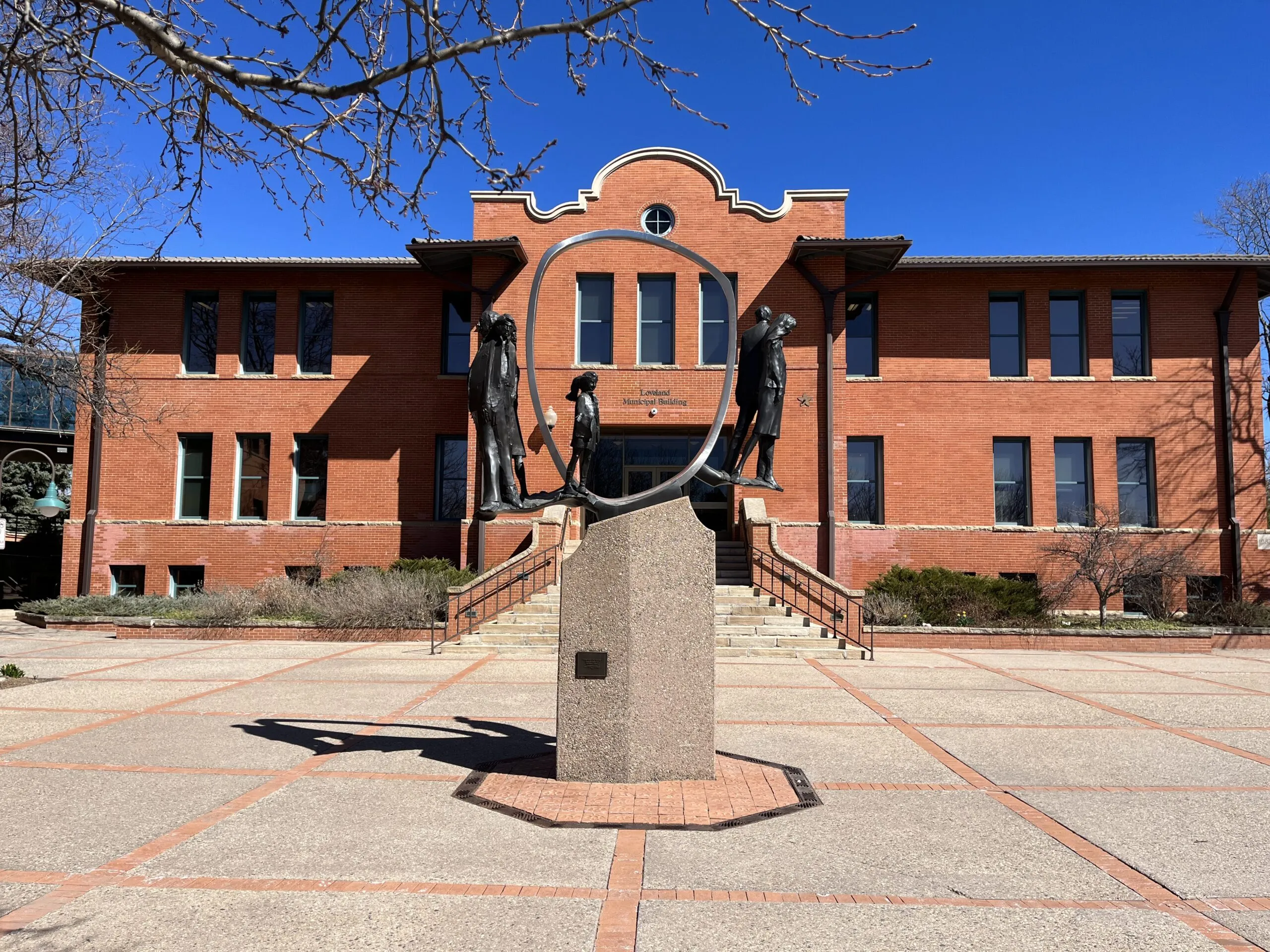District judge throws out 2 lawsuits against Loveland

A Larimer District Court judge on Thursday dismissed a pair of lawsuits filed earlier this year regarding the newly elected Loveland City Council and its actions surrounding the proposed Centerra South mixed-use development.
THIS ARTICLE IS FOR SUBSCRIBERS ONLY
Continue reading for less than $3 per week!
Get a month of award-winning local business news, trends and insights
Access award-winning content today!
Already have a paid subscription?



